Government Rolls Out Powerful New Weapons In the War Against the Opioid Crisis
It’s no secret that our country is in the grip of an epidemic of opioid abuse and addiction. According to the CDC, approximately 130 Americans die every day from an opioid overdose. Incredible amounts of attention, money, and political capital are being spent on attempts to combat opioid abuse and prevent further loss of life. These efforts include both criminal prosecutions and civil litigation aimed at curbing the abuse and diversion of prescription drugs.
Traditional enforcement efforts have targeted either the large pharmaceutical companies that make and sell opioids, or individual doctors who prescribe them. But as the opioid crisis has worsened, the government’s efforts to control the unlawful distribution of prescription drugs have expanded to reach every link in the supply chain, impacting all types of health care professionals, from nurse practitioners to dentists to medical office staff. Pharmacies and pharmacists that fill opioid prescriptions have also come under intense scrutiny.
Earlier this year, the Department of Justice’s Consumer Protection Branch filed a civil complaint in the Middle District of Tennessee charging Oakley Pharmacy, Inc. d/b/a Dale Hollow Pharmacy, Xpress Pharmacy of Clay County, their owner, and three pharmacists with violations of the Controlled Substances Act (CSA) and the False Claims Act (FCA) related to their dispensing, and billing Medicaid for, prescription opioids. This suit revealed enforcement tools and tactics being used against pharmacies for the first time.
First, the DOJ sought and won a temporary restraining order (“TRO”) to entirely shut down the pharmacies while the case proceeds. The DOJ secured the TRO ex parte – meaning that it did not have to give the pharmacies advance notice or an opportunity to respond before the court ordered the business to close. This is a significantly more aggressive move than DOJ has taken against pharmacies in the past.
In prior actions, the government typically initiated an administrative process to revoke the pharmacy’s DEA registration so that it would no longer be authorized to dispense controlled substances like opioids. But this process often takes months. The government may also seek a temporary suspension order from the DEA on an expedited basis, but a 2016 amendment to the CSA requires the government to demonstrate an “imminent danger” before the DEA can issue such an order. This heightened evidentiary standard seems to have prompted DOJ to seek an alternative method to quickly shutter a pharmacy that it believes is violating the law. Having successfully secured a TRO against Dale Hollow and Xpress, the government is likely to apply this strategy in other cases as well.
Second, the Oakley Pharmacy case is the first time DOJ has sued a pharmacy for monetary damages under the False Claims Act. If DOJ ultimately prevails, the FCA could become an incredibly powerful weapon against pharmacies because it allows the government to recover both treble damages and civil penalties.
In Oakley Pharmacy, the DOJ’s theory of FCA liability is that the pharmacies’ requests for payment to Medicare Part D Sponsors were false or fraudulent because they sought reimbursement for opioid medications that were not dispensed for a legitimate medical purpose. But, how is a pharmacist supposed to know if an apparently valid prescription, issued by a physician, is for a legitimate medical purpose?
DOJ argues that a lack of legitimate medical purpose can be inferred when an opioid that has a very narrow indication is dispensed in disproportionately high numbers. The DOJ’s complaint against Dale Hollow and Xpress focuses on buprenorphine, an opioid used to prevent withdrawal symptoms in patients already dependent on opioids. To reduce its abuse potential, buprenorphine is available in a combination formulation that contains naloxone, an opioid antagonist (or blocker) that will prevent the user from getting high if the drug is injected instead of being dissolved in the mouth as prescribed. Tennessee law requires that buprenorphine alone (monotherapy) only be prescribed to patients who are pregnant, nursing, or have a documented history of a rare adverse reaction or hypersensitivity to naloxone. Nevertheless, the complaint alleges that according to DEA data, approximately 90% of buprenorphine prescriptions filled at Dale Hollow, and 83% of those at Xpress, were for the monotherapy formulation without the anti-abuse safeguard.
So, aside from the DEA data, what drew the DOJ’s attention to Xpress and Dale Hollow in the first place? Well, according to the allegations, the pharmacists failed to meet their professional obligations—independent of the prescribing physicians—to ensure that the prescriptions were legitimate. The complaint alleges that pharmacists at these businesses either ignored or failed to recognize “red flags” indicating a likelihood of abuse or diversion, including: patients traveling long distances to fill a prescription; patients paying cash for prescriptions; and patients presenting prescriptions for both opioids and benzodiazepines, which the CDC strongly cautions against prescribing together because of the risk for fatal overdose. If pharmacies want to avoid finding themselves in DOJ’s crosshairs, they would be wise to ensure that they have robust compliance procedures to identify these warning signs and resolve any concerns before dispensing opioids.
The Oakley Pharmacy case is still in its early stages, but if DOJ prevails, it is likely that we will continue to see these strategies used in enforcement actions against other pharmacies going forward.
July 2, 2019
